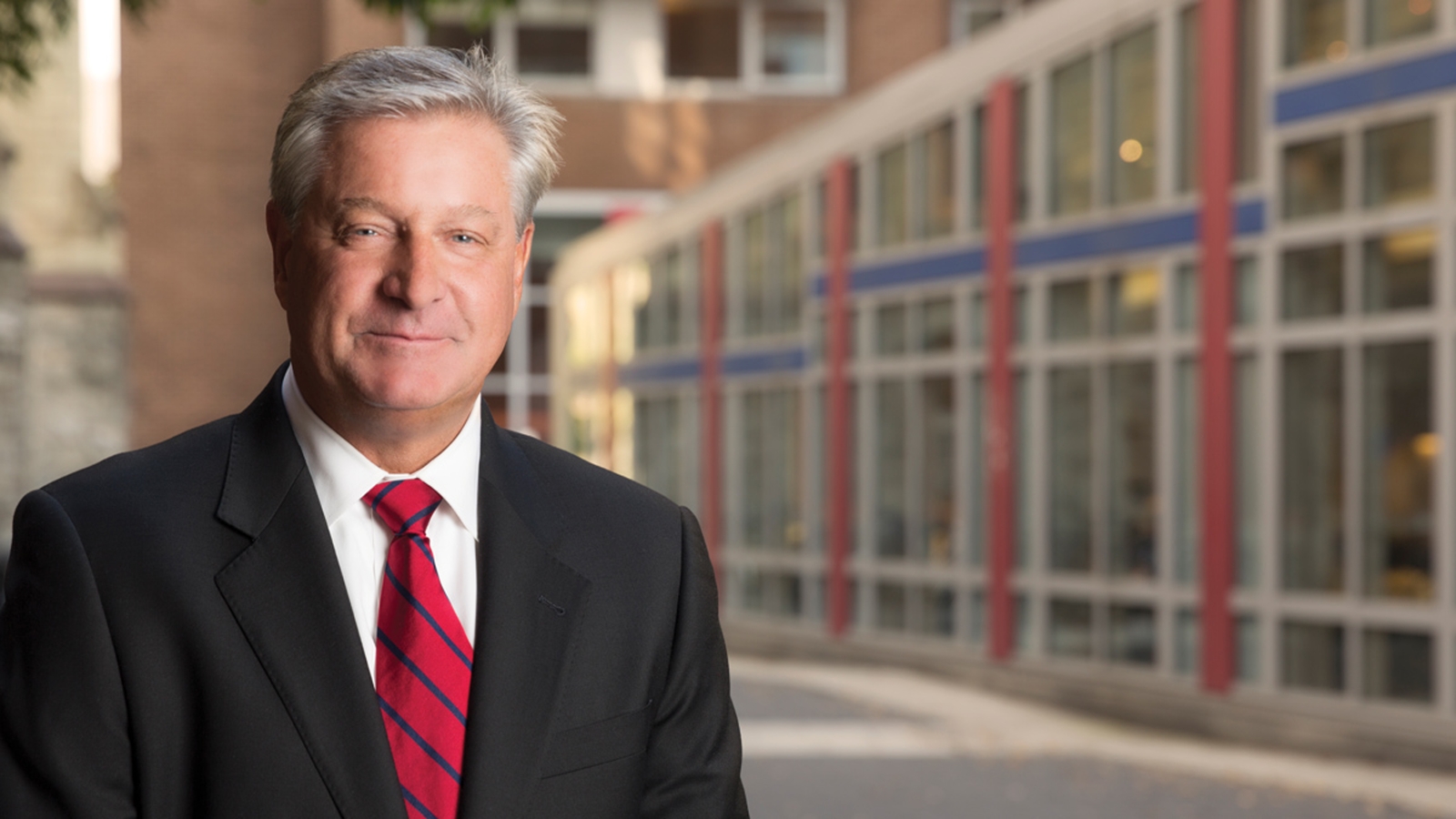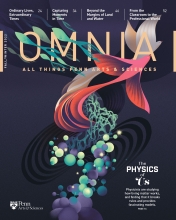The Energy of New Beginnings
A Message from Dean Steven J. Fluharty, Dean and Thomas S. Gates, Jr. Professor of Psychology, Pharmacology, and Neuroscience.

The start of the academic year always brings new energy to campus, and this year the energy has been exceptional. Faculty and students are fully engaged in a way we haven’t seen since before the pandemic. In their teaching and learning, as well as in discussion, engagement, and actions, they demonstrate to me every day their passion and desire to make a difference.
The campus is drawing a great deal of this energy from the presence of our new president, Liz Magill. The entire Penn community, including students, faculty, administration, and alumni, came together to officially celebrate this new beginning at President Magill’s inauguration festivities on October 21. We were honored to have her spend two days this fall getting to know about the School of Arts and Sciences through a series of meetings with faculty from the humanities, social sciences, and natural sciences, as well as graduate students, undergraduates, and staff. In addition, she has been spending time one-on-one with each of our 27 department chairs. Through her inspiring words at her inauguration, as well as through this substantial commitment of her own time and energy, our new president’s commitment to the arts and sciences comes through loud and clear.
Energy has also been on the front of our minds as the campus is mobilizing around the need to address critical environmental challenges. Two School of Arts and Sciences faculty, Joseph Francisco of Earth and Environmental Science and Chemistry and Kathleen Morrison of the Anthropology department, are co-leaders of the Provost’s Environmental Innovations Initiative, which is working to advance innovation and collaboration in the Penn research community. Earlier this fall, in coordination with this initiative, the School issued a statement confirming our commitment to address the threat of climate change to humans and to our planetary environment through a broad array of existing and emerging programs. These efforts include the work of many faculty you can read about in this publication, such as Anthropology’s Nikhil Anand, who is leading interdisciplinary initiatives that provide insight on worldwide climate disasters and water crises, or History’s Jared Farmer, whose new book considers the world’s oldest trees in the context of our climate crisis, and Chemistry’s Andrew Rappe, whose research continues to help us forge a path toward clean energy technologies. I hope that you draw as much inspiration from these stories as I do.



